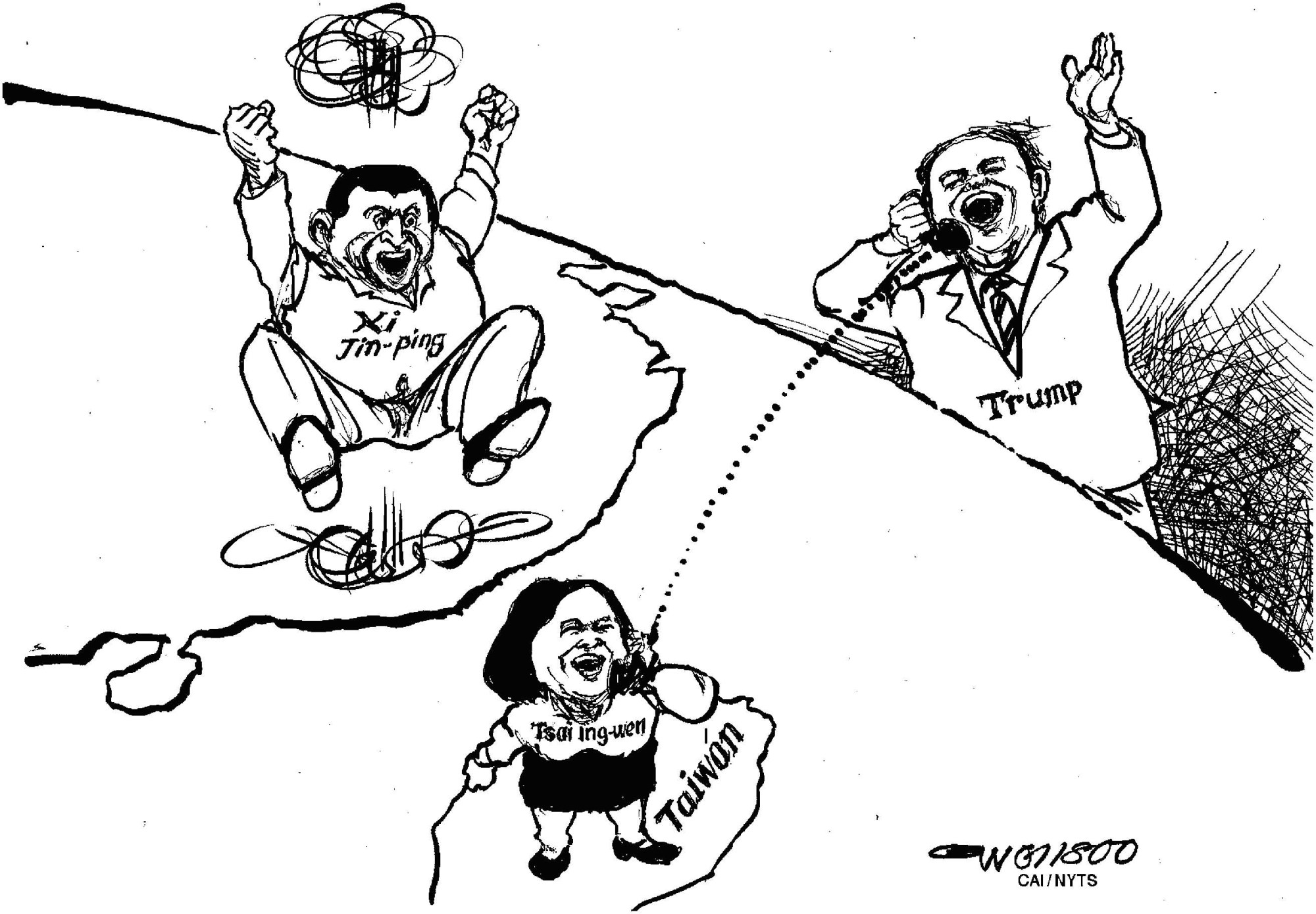The world's most dangerous flash point got much more dangerous last Wednesday when China sent its lone aircraft carrier into the Taiwan Strait and Taiwan scrambled fighter jets in response. This is how accidental wars start: provocation and counter-provocation in an environment with too much uncertainty. The uncertainty arises from not knowing the incoming Donald Trump administration's answer to a pressing foreign policy question: Would the United States defend Taiwan from a Chinese attack?
The answer as a matter of U.S. policy has long been complicated. Legally, the U.S. has no treaty obligation to defend Taiwan, and the Taiwan Relations Act of 1979 says only that the U.S. would view an attack with "grave concern." Analysts refer to this as a policy of "strategic ambiguity."
In practice, however, the diplomatic and defense establishments have long assumed that the U.S. would defend Taiwan as vigorously as it would Japan or South Korea, with which it has mutual defense treaties — for the simple reason that failing to defend Taiwan would be seen as a signal that the U.S. might not defend its official Pacific friends.



















With your current subscription plan you can comment on stories. However, before writing your first comment, please create a display name in the Profile section of your subscriber account page.